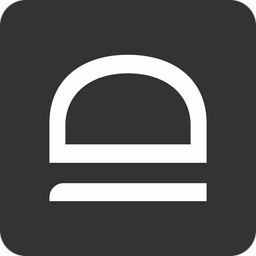External user source
Connect external user source to idemeum.
Overview
By default you create users in idemeum local directory by specifying an email address, and then new users onboard with mobile app against this address. Another option is to connect external user source to idemeum (Entra ID, Google Workspace, etc.) in order to onboard idemeum users against records in those directories.
External user source integration is available on our enterprise plan. Please contact our support team, and we will be happy to help with external user source integration.
Idemeum support
Contact idemeum support by sending us an email, opening a ticket manually, or joining our discord channel.

